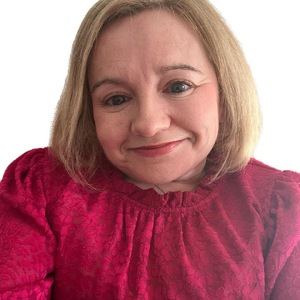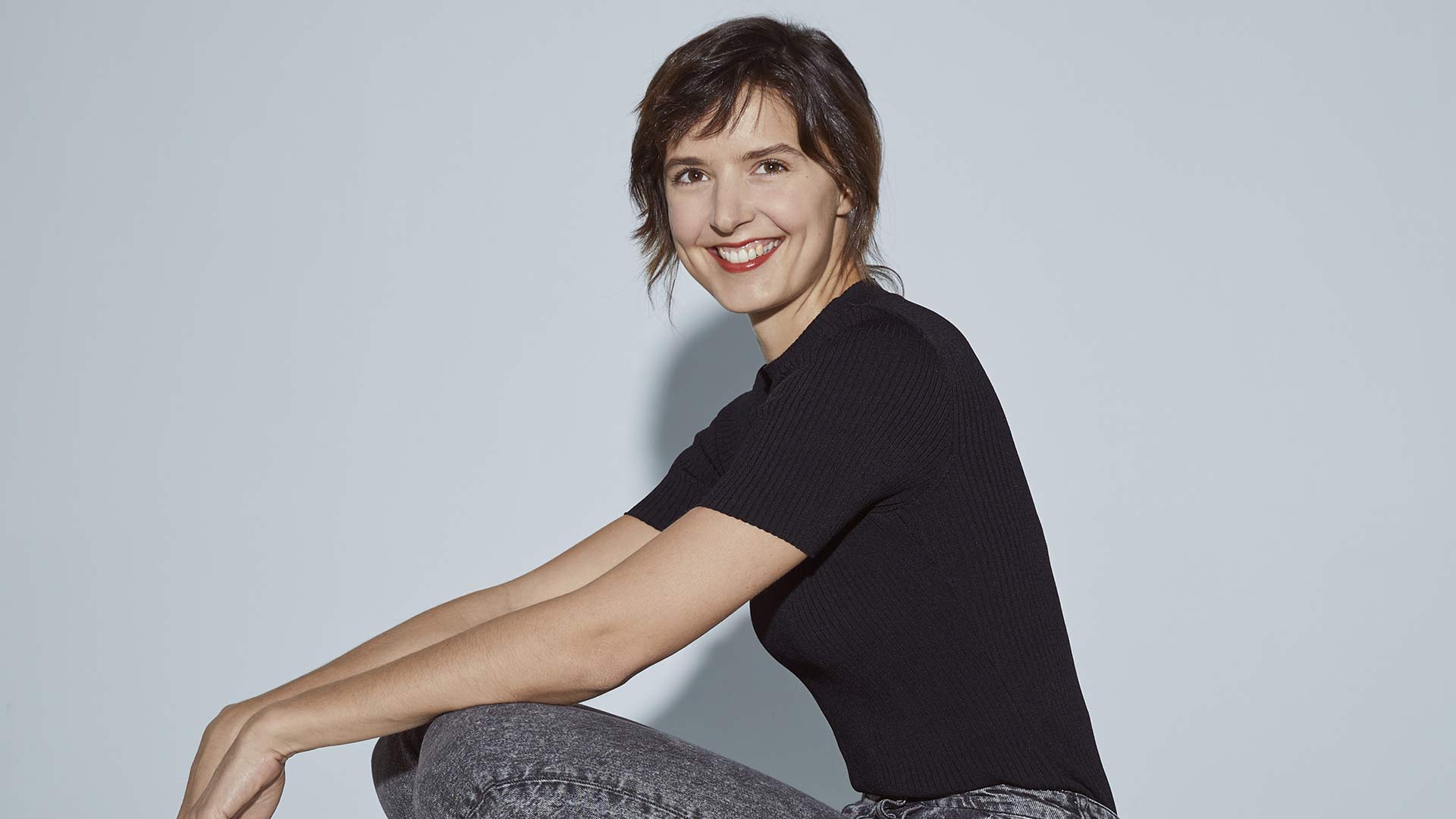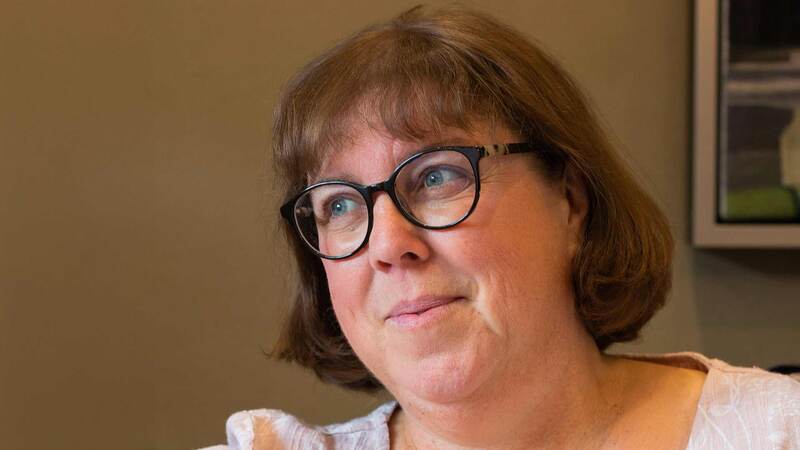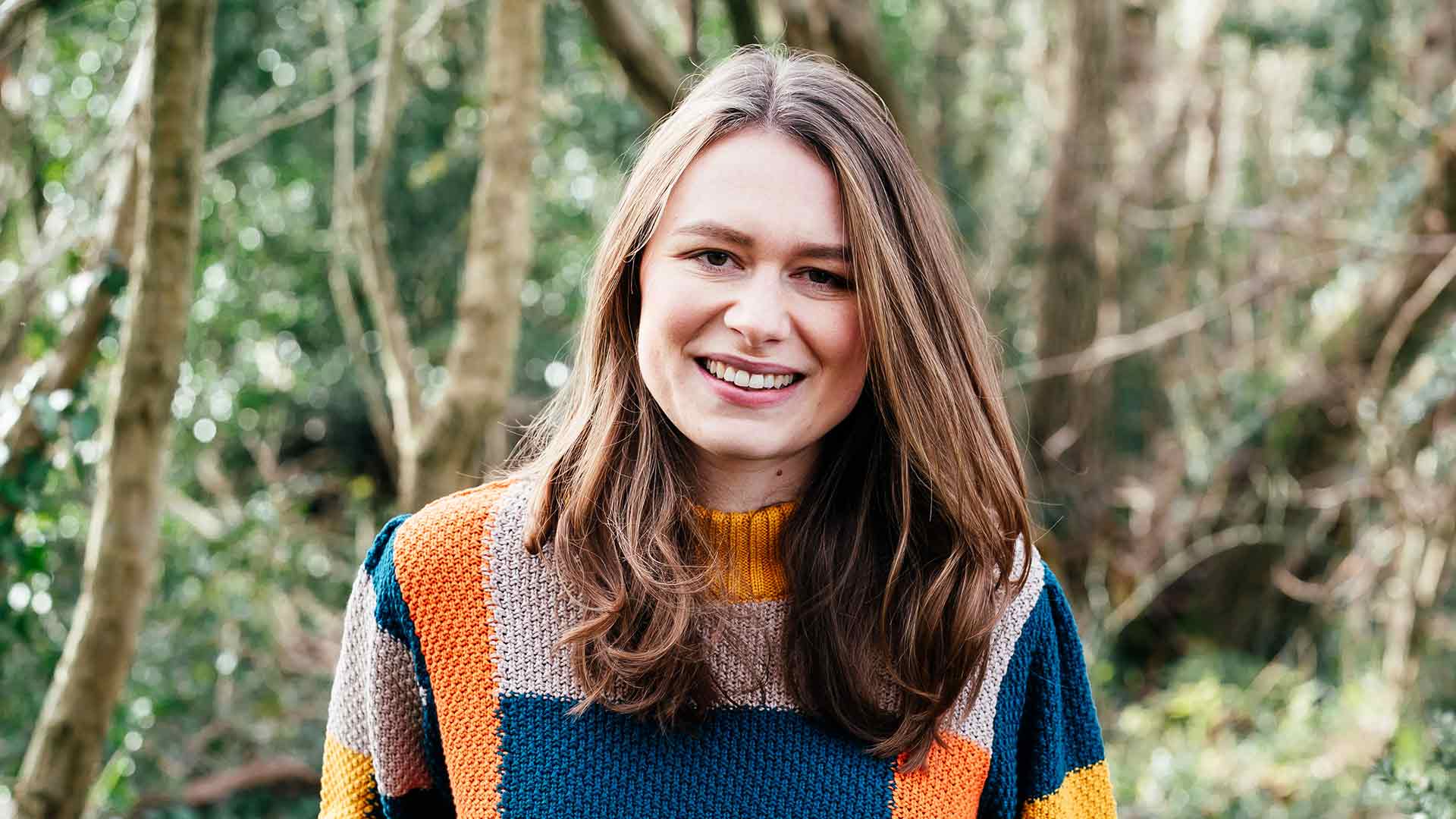You are viewing your 1 free article this month. Login to read more articles.
We can all enable change
Some 2025 resolutions that I hope the book trade will embrace.
New Year is the traditional time to take stock of the previous months and plan ahead. For disabled people in the publishing business, whether authors, booksellers or publishing staff, it is another chance to advocate for and hope that the industry will include accessibility, diversity and disability visibility in their resolutions for 2025.
As co-founder of the ADCI Literary Prize, I wish for publishers and self-published authors to submit their nominations and encourage disabled authors – who include one or more disabled characters in their adult novel – to aspire to enter in the future.
Literature is still woefully lacking in positive disability representation as opposed to tired and outdated stereotypes of scar-faced baddies; miserable, embittered disabled people; or the idea that disabled people must do something amazing to prove their worth.
We’ve taken baby steps forwards, but there is still a marathon to run. A disabled author put the importance of this brilliantly to me, saying it is necessary "not only so that we can see ourselves in what we read, but so that others can begin to see and understand our outlook more fully". SF Said’s quote about children is also applicable to adults: "No child should feel that they don’t belong in books, because they never see themselves reflected in their pages, and so reach the conclusion that books are for other people, not for them."
The industry can support this aim by making sure disability has equal parity with other under-represented groups. Disability Pride Month and Disability History Month are excellent opportunities to celebrate brilliant books by disabled authors and acknowledge the work of disabled booksellers and publishing staff. Agents Lucy and James Catchpole say: "While millions of children mark Children in Need in school, very few will have heard of Disability History Month. This speaks to a wider trend in society – we’re most comfortable with disabled people as passive recipients of charity." Publishing can help change this.
Ultimately, what disabled people in publishing want this year is for those with the power to change the status quo to resolve to do so
Accessibility for events is a subject that came up time and time again when I asked disabled people in the industry what their 2025 wishes are. Scheduling panel talks and events to mark these occasions solely online, or making physical events hybrid, speaks volumes in publishers’ attitudes to accessibility for both authors and book lovers. One author would love more online networking opportunities "not just to meet other writers, but agents" too. Another author responded by saying virtual events "are an essential part of accessibility and you can’t have diversity without them".
Others I asked wished for more support for disabled writers, both for those entering the profession and for those financially struggling to keep publishing when "it is impossible for some to work full time while writing and managing conditions".
Understanding of access needs was another hot topic, with authors desiring agents, editors and other industry professionals to be proactive about asking writers about any support they may need and for their requirements to be respected, in order to achieve parity of opportunity with non-disabled authors. It is hoped that access riders will become mainstream to ensure that the onus is not on authors to explain their needs multiple times.
Academic and researcher in disability and publishing Cat Mitchell says that "publishers are making some good progress with introducing and updating policies related to mental health and disability" but she would like to see them formalised to extend beyond employees and also include authors and freelancers. Currently, she says that "it is very much dependent on having a supportive and understanding editor or publicist, which is often just luck of the draw. In 2025 and beyond, I’d like to see more transparency about how the publishing process works and can be adapted, based on authors’ needs". Her latest research project aims to look at barriers that currently exist and discover best practice.
Claire Wade, founder of the Society of Authors’ Authors with Disabilities and Chronic Illnesses (ADCI) group, wishes for active progress for disability inclusion in publishing, saying that at the moment it’s "limited and at times hard to notice. The onus is on disabled authors to push for change and hope they can encourage publishers to get involved. There is still a gap between those who know what needs to improve and those with the power to make it happen". The ADCI group will continue this year to educate members "on their rights, the reasonable adjustments they can request, while also helping them grow their skills in all areas of publishing".
Ultimately, what disabled people in publishing want this year is for those with the power to change the status quo to resolve to do so. All the things I have mentioned in this piece constitute important goals that must be stuck with throughout the year. My ultimate wish for 2025 is that they will not be given up on in a few weeks’ time – along with the gym membership and Veganuary.



















